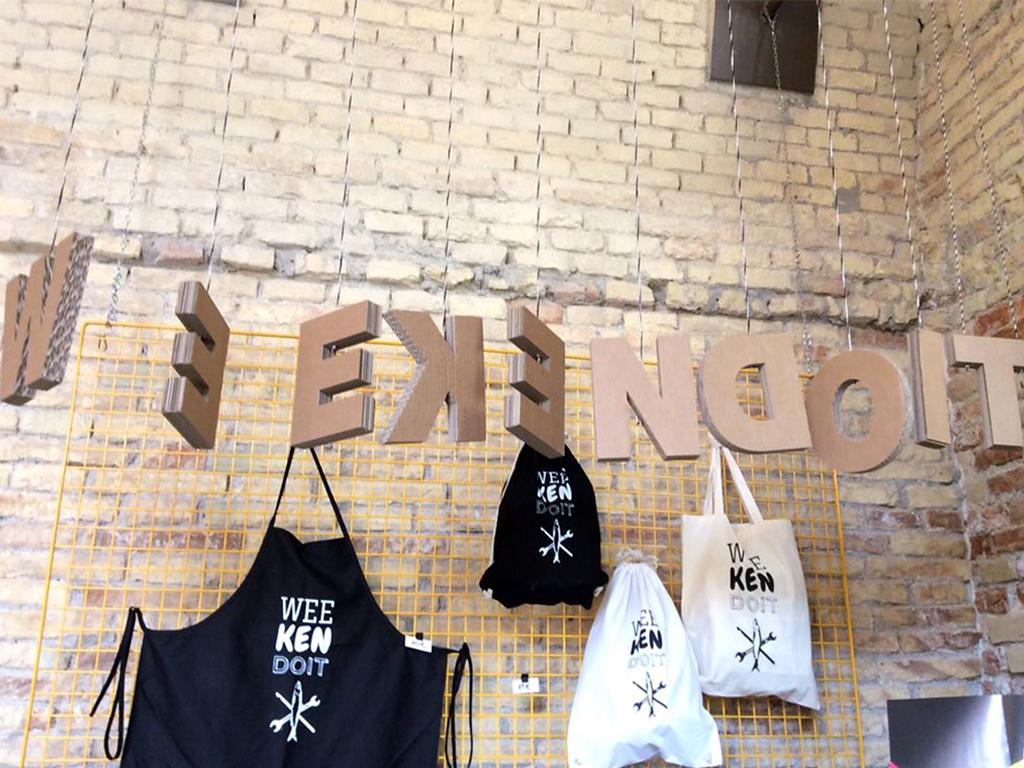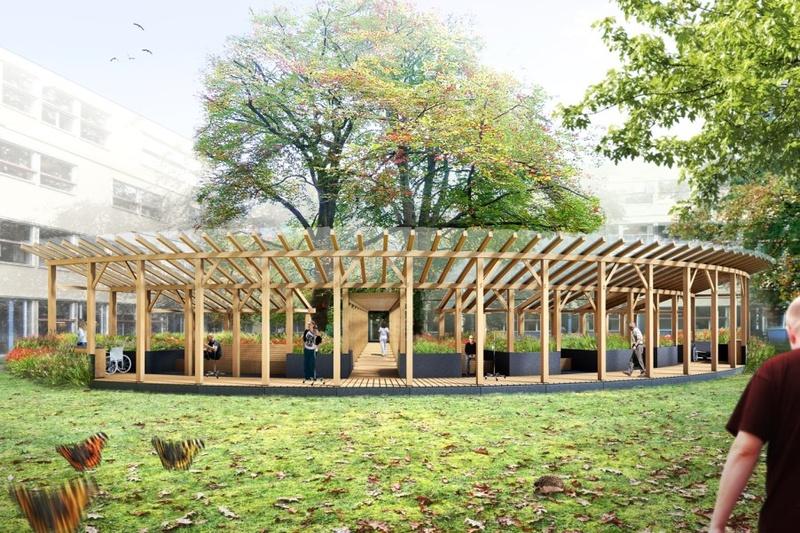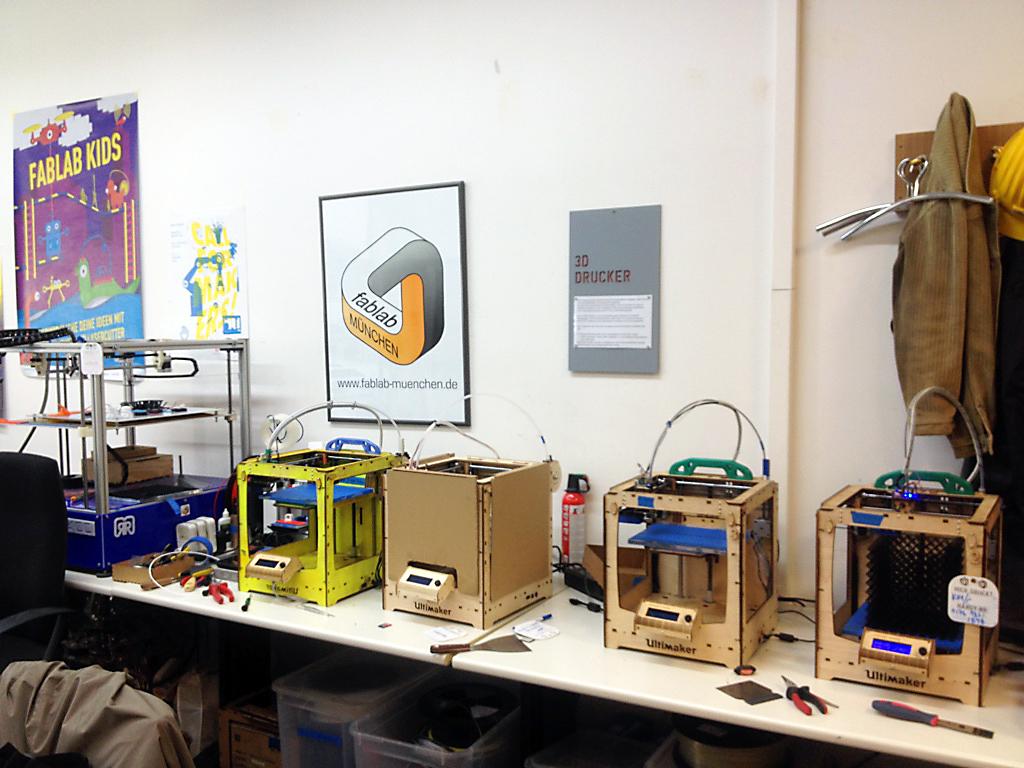Fablabs are becoming popular in Italy, now taking the third place in Europe in terms of the number of labs. In some Italian regions they are growing faster than others, thanks to governmental funding, like in the Italian region of Veneto. Yet, the Fablab phenomenon is still relatively unknown in Italy. The pioneers in Italy have a great need to show what a Fablab is and what it can do.
What are the potentials of a Fablab? A question that keeps the initiators of Italian Fablabs — and also outside of Italy — busy. Could a Fablab be used for business and economic development? After all, unemployment among young Italians is high and Fablabs could be a way to earn a living. But how? Can they be used to encourage and stimulate creativity by using digital technology? The Marche region is known for high quality craftsmanship, such as wood processing. Can a Fablab support creativity and innovation? Or in the field of social innovation, for example, helping with social problems such as those of the refugees?
I went to 'Weekandoit' (that was held from 18 to 26 July 2016, at the Mole Vanvitelliana in Ancona, Italy), where Fablabs from Pesaro, Tolentino and Ancona exhanged views with other members of the maker movement. We went there to see if our Creative Care Lab can make a connection in the field of healthy ageing and we gave a workshop called 'Creative Industries and Design as a catalyst for entrepreneurship and innovation', together with Creative Cooperative France, at the CreaHub in Macerata.
The role that a Fablab can play towards a healthy active aging is related to the very core of DIY mentality. It summarizes in DIY health, personalized, instant and affordable. It relies on values such as: adjusting, inventing, documenting and sharing. Experimenting, educating, sharing and making can, thus, become the vehicle through which old, handicapped and deprived citizens can enjoy participation, inclusion and care.
Successful projects such as a transparent patch for instant visual wound monitoring, a 3-D printed avatar offering visualization experience for blind people, 3-D printed prostheses, DIY surgery via surgical robotic arms and artificial organs are only some of the actual outputs of Fablabs worldwide.
Read more about our visit and the workshop at the GRAGE website.


